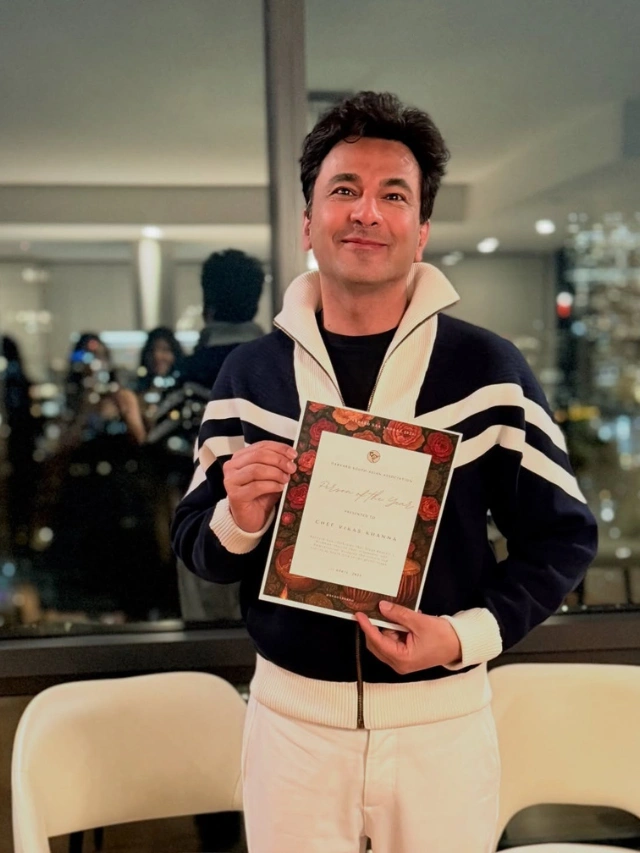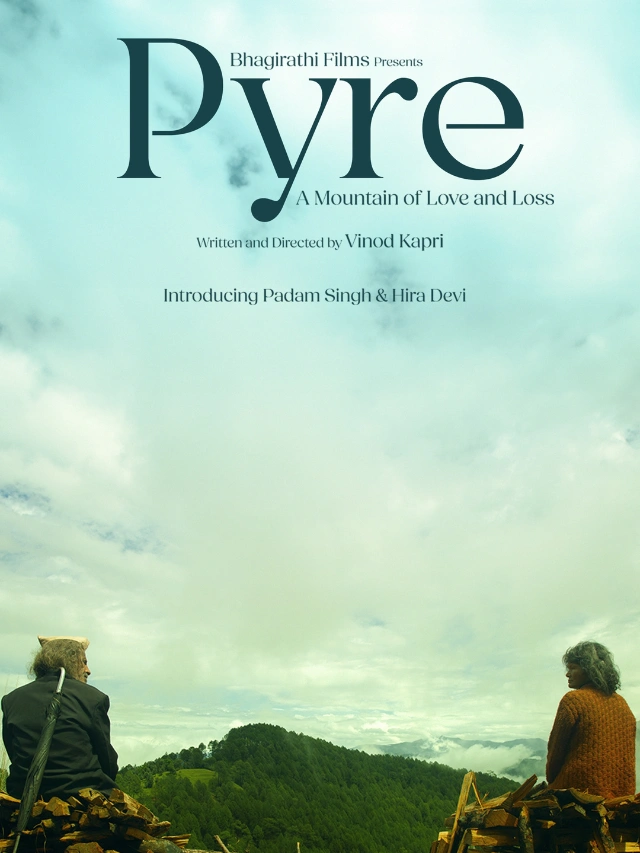
Khushwant Singh
Khushwant Singh is one of India’s most iconic writers and journalists, known for his sharp wit, political commentary, and literary contributions. Born in Hadali, Punjab, British India (now in Pakistan) on February 2, 1915, Singh led a remarkable life, marked by his literary achievements, political commentary, and public service.
CEO’s | Actors | Politicians | Sports Stars
Early Life of Khushwant Singh
Khushwant Singh, originally christened Khushal Singh by his grandmother, was born on February 2, 1915, in Hadali, Khushab District, Punjab. Today, this region is part of Pakistan. He belonged to a Sikh family, with his father, Sir Sobha Singh, being a notable builder in Lutyens’ Delhi, and his uncle, Sardar Ujjal Singh, serving as the Governor of Punjab and Tamil Nadu.
Despite the lack of official birth records, Singh’s father selected his birth date for school registration purposes. However, Singh’s grandmother insisted that he was born in August, leading him to later choose August 15 as his birthday. The name Khushwant, meaning “Prosperous Lion,” was his own choice, intended to rhyme with his elder brother Bhagwant’s name.
Singh’s educational journey began at Modern School, New Delhi, where he spent ten years. It was here he met his future wife, Kanwal Malik. He later studied at St. Stephen’s College, Delhi, and Government College, Lahore. He earned his LL.B. from the University of London after studying at King’s College London.
Personal Life
Khushwant Singh’s personal life was marked by an enduring love story with his childhood friend, Kanwal Malik. The pair reconnected during Singh’s law studies in London and were soon married in a small ceremony in Delhi. Together, they had two children, Rahul and Mala. Kanwal predeceased Singh in 2001.
In addition to his immediate family, Singh had a few notable relations, including his niece, actress Amrita Singh, and his grandniece, TV and film actress Tisca Chopra.
Professional Life of Khushwant Singh
Singh’s professional career was as multifaceted as it was influential. Initially, he served as a lawyer in Lahore High Court for eight years, a tenure that brought him into contact with some of his lifelong friends and fans. Following the Independence of India in 1947, Singh joined the Indian Foreign Service, which led him to roles as a journalist for All India Radio and the Department of Mass Communications of UNESCO in Paris.
However, it was his work as an editor that truly cemented his place in India’s literary scene. He edited several literary and news magazines, including Yojana, The Illustrated Weekly of India, and The National Herald. His editorial stint at The Illustrated Weekly of India was particularly impactful, raising its circulation from 65,000 to 400,000.
From 1980 to 1986, Singh also served as a Member of Parliament in Rajya Sabha, the upper house of the Parliament of India.
Awards and Recognitions
Khushwant Singh’s contributions to literature and public service were recognized with several awards. He was awarded the Padma Bhushan in 1974, but returned it a decade later in protest against Operation Blue Star. In 2007, he was honored with the Padma Vibhushan, the second-highest civilian award in India. Furthermore, his name was included in the Limca Book of Records in 2016 as a tribute to his immense contribution to Indian literature and journalism.
Age
At the time of his death on March 20, 2014, Singh was 99 years old.
Salary
Information about Khushwant Singh’s salary during his lifetime is not readily available.
Parents’ Name and Family
Khushwant Singh was born to Sir Sobha Singh and Veeran Bai. His father was a prominent builder, and his uncle, Sardar Ujjal Singh, was a former Governor of Punjab and Tamil Nadu. Singh’s brother, Daljit Singh, was a Delhi MLA.
Latest News
Khushwant Singh’s Perspective: Unveiling the Dark Chapter of Indira Gandhi’s Emergency
Renowned author and editor Khushwant Singh, known for his book “Truth, Love, and a Little Malice,” sheds light on the imposition of Emergency in India during the Indira Gandhi era. Singh, with his close ties to the Gandhi family, provides a comprehensive account of the events leading to the declaration. He reveals that it was Siddharth Shankar Rai, the Chief Minister of West Bengal, who convinced Indira Gandhi not to resign as Prime Minister. Rai suggested that an internal emergency was the only solution, leading to late-night approval from President Fakhruddin Ali Ahmed. The clandestine nature of the plan even necessitated backdated signatures from the cabinet ministers the next day.
Singh highlights the subsequent actions taken by Indira Gandhi, such as imprisoning opposition leaders, including Atal Bihari Vajpayee and LK Advani, and banning the RSS due to its perceived allegiance with the opposition. Media censorship was enforced, with only Ramnath Goenka’s Indian Express demonstrating defiance. Singh commends the newspaper for fearlessly challenging the government’s control, resulting in retaliatory measures such as power cuts and reduced newsprint quotas.
Singh also discusses the controversial forced sterilization campaign led by Indira’s son, Sanjay Gandhi, during the Emergency. This period of 21 months witnessed a suspension of elections, curtailment of civil liberties, and an atmosphere of oppression that evoked public outcry. Recognizing the growing dissent, Indira Gandhi recommended dissolving the Lok Sabha and holding fresh elections in 1977. The public seized this opportunity to exact their revenge, as Gandhi herself lost the election in Rae Bareilly, the Gandhi family stronghold, leading to the ascension of the Janata Party and Morarji Desai as the Prime Minister.
From Singh’s perspective, the imposition of the Emergency remains a dark chapter in Indian history, characterized by authoritarianism, curtailed freedoms, and widespread public suffering. His insights offer valuable perspectives on this period, revealing the consequences of unchecked power and the subsequent triumph of democracy.
Read a similar story of:
Amrita Pritam, a prominent Indian poet and novelist.
Devi Shetty, renowned Indian cardiovascular surgeon.
FAQ
What is Khushwant Singh’s biography?
Khushwant Singh (1915–2014) was an eminent Indian writer, journalist, and lawyer. Born in Hadali, Punjab (now in Pakistan), he studied law at Government College, Lahore, and later at King’s College London. Singh initially practiced law but transitioned to journalism and writing. He served as editor of The Illustrated Weekly of India and Hindustan Times. His notable works include Train to Pakistan and A History of the Sikhs. Singh was awarded the Padma Bhushan and later the Padma Vibhushan for his literary contributions.
What are some famous books written by Khushwant Singh?
Khushwant Singh wrote numerous influential books. His most famous novel, Train to Pakistan (1956), depicts the Partition of India. Other notable works include I Shall Not Hear the Nightingale (1959), Delhi: A Novel (1990), and The Company of Women (1999). He also authored A History of the Sikhs, a two-volume study on Sikh heritage. Singh’s satirical essays and short stories continue to be widely read.
Who was Khushwant Singh's grandmother?
Khushwant Singh’s grandmother is famously described in his short story The Portrait of a Lady. He portrayed her as a deeply religious woman, devoted to prayer and traditional customs. Their bond changed over time as Singh grew older, but he fondly remembered her simplicity and spirituality. Her death marked a profound moment in his life, as symbolized by the sparrows mourning her loss.
When and how did Khushwant Singh die?
Khushwant Singh passed away on March 20, 2014, at the age of 99. His death marked the loss of one of India’s most iconic literary voices. His works continue to be celebrated for their wit, humor, and deep insights into Indian society.
What was Khushwant Singh's educational background?
Khushwant Singh studied at Government College, Lahore, where he earned a law degree. He then pursued further legal studies at King’s College London and The Honourable Society of the Inner Temple. Although he initially practiced law, his passion for writing led him to become a renowned journalist and author.
What is the summary of The Portrait of a Lady by Khushwant Singh?
The Portrait of a Lady is a personal narrative about Khushwant Singh’s relationship with his grandmother. He describes her as an old, religious woman who played a crucial role in his childhood. As he grows older, their bond weakens due to changes in lifestyle and education. The story ends with her peaceful death, with sparrows mysteriously gathering to mourn her loss.
Who was Khushwant Singh’s father?
Khushwant Singh’s father, Sir Sobha Singh, was a prominent civil contractor and builder in Delhi. He played a key role in constructing several landmark buildings during the British colonial period. His work greatly influenced the infrastructure of modern Delhi.
What is the Khushwant Singh Literary Festival (KSLF)?
The Khushwant Singh Literary Festival is an annual event held in Kasauli, Himachal Pradesh, to honor Singh’s literary legacy. It brings together renowned authors, journalists, and artists to discuss literature, politics, and contemporary issues. The festival reflects Singh’s passion for open dialogue and intellectual discussions.
What are some famous quotes by Khushwant Singh?
Khushwant Singh was known for his wit and sharp observations. Some of his famous quotes include:
- “India is beyond statement, for anything you say, the opposite is also true.”
- “We are a people with a sense of humor. God’s plenty.”
- “Freedom is for the educated people who fought for it. We need to train our masses before giving them freedom.”
His words continue to resonate with readers today.
Who was Khushwant Singh's wife?
Khushwant Singh was married to Kanwal Malik, his childhood friend. Their marriage lasted several decades, and Kanwal was a strong supporter of his literary career. She remained by his side throughout his life, providing personal and emotional support.
How did Khushwant Singh represent India in his works?
Khushwant Singh was deeply connected to Indian culture and history. His works, such as Train to Pakistan and A History of the Sikhs, vividly depict India’s political and social changes. Through satire, humor, and realism, he explored themes of Partition, secularism, and modern Indian identity.





